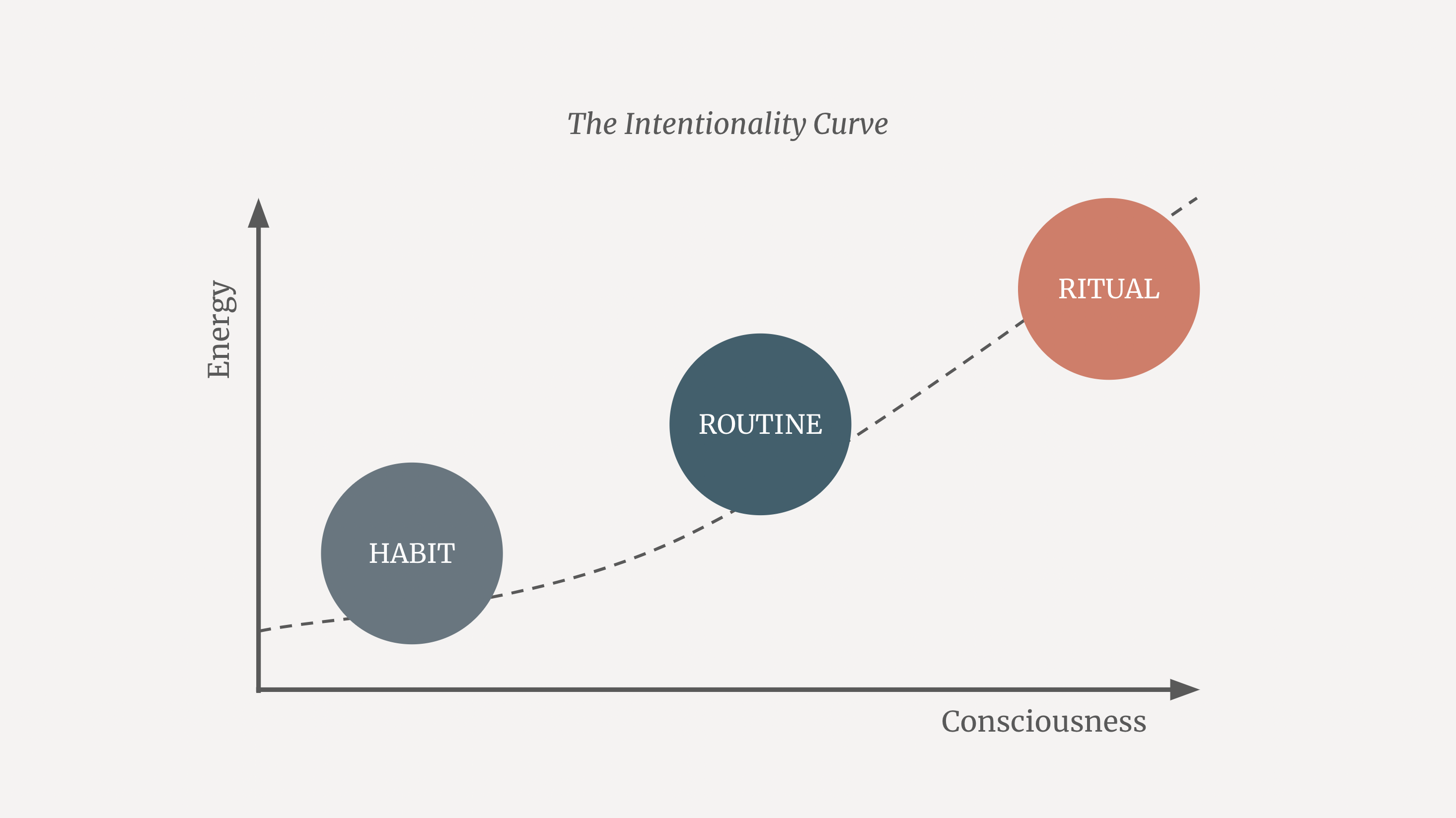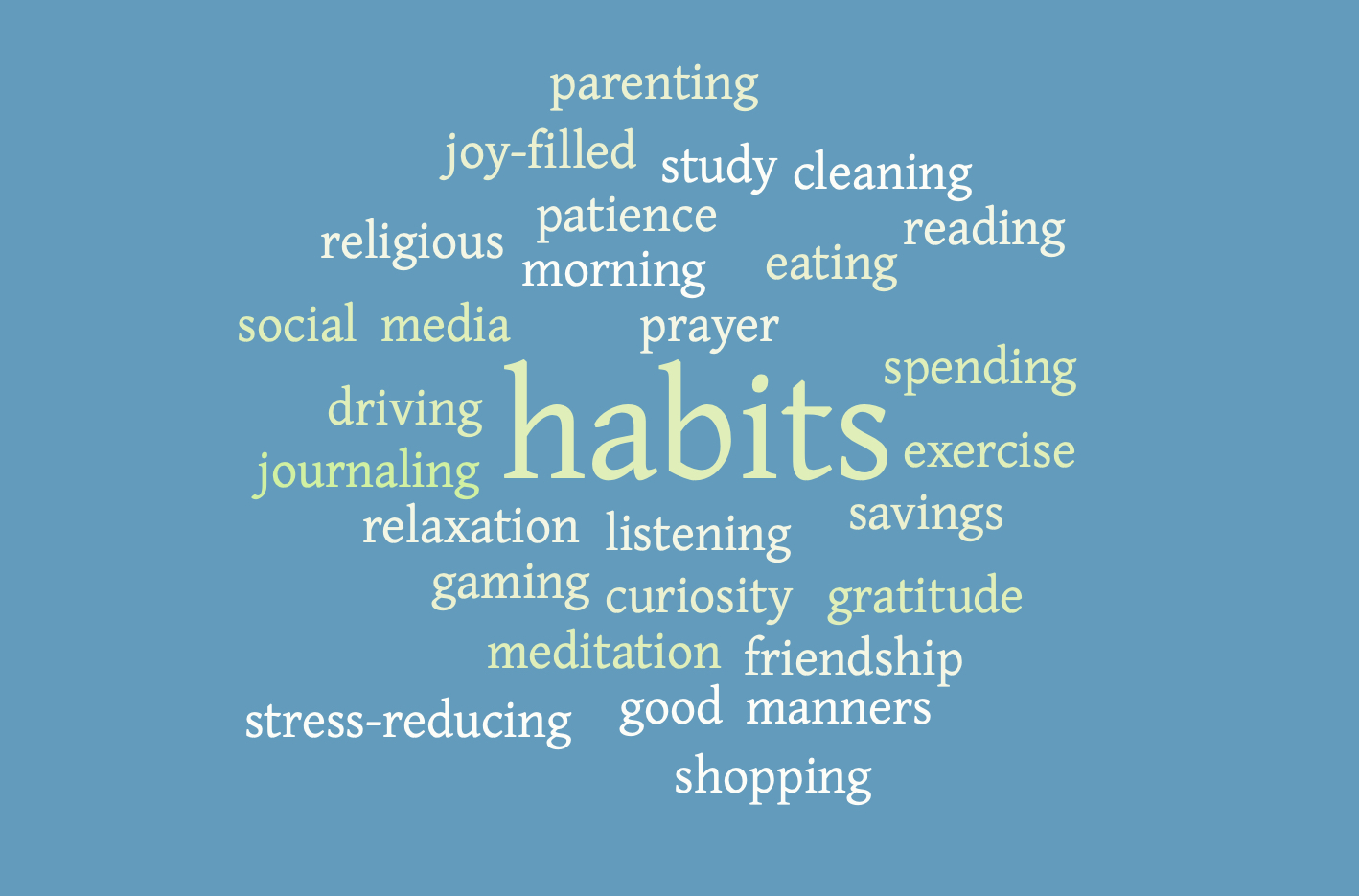

Unlocking Manpower Potential: How Small Habits Shape First Impressions
- trienkhaiweb
- 13 March, 2024
- 0 Comments
In the professional world, where every gesture carries weight, it’s crucial to make a positive first impression. Every interaction serves as an opportunity for those around you to form opinions about your character, competence, and overall suitability as a member of their team. Understanding the subtle cues that influence people’s judgments can empower you to shape those perceptions to your advantage.

Here are eight common habits that play a significant role in how others assess your manpower potential:
1. The Power of the Handshake
A handshake is more than just a greeting. It’s a nonverbal introduction that can instantly signal your personality traits. A firm handshake exudes confidence, extroversion, and a proactive attitude – all sought-after qualities in the workforce. Conversely, a weaker handshake might suggest timidity or a lack of self-assurance in a manpower candidate.
2. Punctuality: A Mark of Professionalism
Timeliness is a cornerstone of a reliable and dependable workforce. Habitually arriving on time for meetings and appointments demonstrates respect for others and implies a strong work ethic. Chronic tardiness, on the other hand, can be perceived as unprofessional and may suggest a lack of organizational skills essential for manpower success.
3. Interactions with Service Staff
Studies illustrate that your demeanor towards individuals in service roles can speak volumes about your character and suitability as an employee. Treating waiters, waitresses, and other service staff with respect is a sign of good manners and a potential indicator of positive interpersonal skills valued in manpower roles. Disrespectful behavior towards those in service positions can create a negative impression and raise concerns about your ability to collaborate effectively with colleagues.
4. Eye Contact While Drinking
Believe it or not, even the way you drink water can impact perceptions of your personality. People who look directly into their cup while drinking tend to be introspective and self-aware. Individuals who keep their gaze upwards are generally more extroverted and receptive to external influences. Those who close their eyes while drinking often signal discomfort or inner turmoil that could be a cause for concern in high-pressure manpower roles.
5. Nervous Habits and Perfectionism
Subtle habits like nail-biting, hair pulling, or skin picking can indicate underlying perfectionism, stress, or an inability to relax. While striving for excellence is a positive trait in the workforce, these nervous habits can also signal a lack of composure in challenging situations, a key attribute for effective manpower.
6. Handwriting: A Window into Personality
Your handwriting is like a fingerprint of your personality. People who apply heavy pressure when writing tend to be determined and resolute, while those with a lighter touch might be more adaptable and empathetic. Slanted handwriting can imply extroversion or introversion, and the size of your letters reveals whether you are outgoing or more reserved. Understanding these nuances of graphology can help you present yourself more strategically in professional settings where your manpower potential is being assessed.
7. The Smartphone Trap
Constantly checking your phone can make you appear distracted, anxious, or unfocused. While being responsive is important, compulsive phone checking can undermine your image as a dependable and fully-engaged member of the workforce. Striking a healthy balance is crucial for optimal manpower image management.
8. The Importance of Eye Contact
Meaningful eye contact during conversations conveys confidence, engagement, and trustworthiness – essential qualities in successful manpower. While excessive eye contact may feel intrusive, avoiding it altogether can suggest disinterest or lack of self-assuredness. The ideal lies in a comfortable balance that demonstrates your focus and respect for the person you’re interacting with.

In Conclusion
Small habits reveal far more about your manpower suitability than you might realize. By becoming aware of these subtle signals, you can project an image of professionalism, competence, and the qualities essential for thriving in the world of work.
Related articles
Employee Empowerment with Quinn Vietnam Manpower
In today’s dynamic business landscape, organizations are increasingly recognizing the importance of employee empowerment as a key driver of success. Quinn Vietnam Manpower, a leading provider of manpower solutions in Vietnam, understands that empowered employees are more engaged, productive, and committed to organizational goals. This article delves into the concept of employee empowerment, exploring its…
Quinn Vietnam Manpower’s 5 Steps to Successful Coaching in 2025
In today’s dynamic business environment, maximizing your manpower’s potential is crucial for success. Effective coaching programs are key to unlocking this potential, fostering employee growth, and driving organizational performance. Quinn Vietnam Manpower, a leading provider of manpower solutions, presents a comprehensive guide to successful coaching in 2025. Whether you’re leading coaching sessions yourself or partnering…
Functional Skills: A Guide for Quinn Vietnam Manpower’s Workforce in 2025
In today’s competitive job market, possessing strong functional skills is more critical than ever. For Quinn Vietnam Manpower, equipping our manpower resources with these essential skills is key to their success and the success of our partner businesses. This comprehensive guide explores the importance of functional skills, particularly in Math and English, and how Quinn…
Level Up Your Workforce: Gamification Strategies for Quinn Vietnam Manpower
In the competitive landscape of Vietnam’s manpower industry, attracting, engaging, and retaining top talent is more critical than ever. Quinn Vietnam Manpower recognizes the power of innovative solutions, and gamification is emerging as a game-changer in the realm of human resources. By integrating game mechanics and elements into various HR processes, Quinn Vietnam Manpower can…
3 Communication Skills Every Manager Needs to Thrive
In today’s rapidly evolving business landscape, effective communication skills are more critical than ever for managers. Whether you’re a seasoned leader or newly promoted, honing your communication abilities can significantly impact your team’s performance, morale, and overall success. This article delves into three essential communication skills every manager needs to master in 2025 and highlights…
Harnessing the Power of Insights with Quinn Vietnam Manpower
In the dynamic landscape of 2025, where businesses face unprecedented challenges and opportunities, the ability to gain profound insights is more critical than ever. For project management (PM) in Vietnam, this rings especially true. Quinn Vietnam Manpower, a leading provider of manpower solutions, recognizes the crucial role of insights in driving project effectiveness and organizational…







